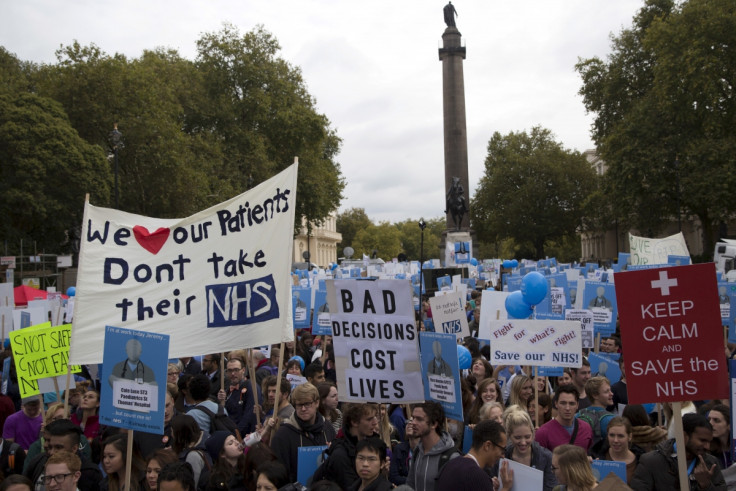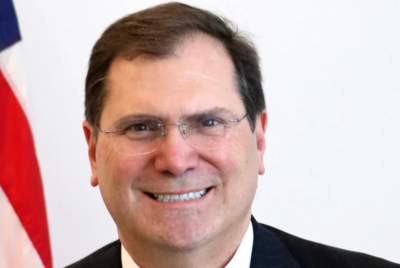Junior doctors' strike: David Cameron issues final plea to medics over 'damaging' NHS walkouts

David Cameron has issued a last-ditch plea to NHS junior doctors across England in a bid to stop them from carrying out "damaging" strikes across January and February. The medics, members of the British Medical Association (BMA), are planning the industrial action to protest new contracts.
The junior doctors will only provide emergency care from 8am (GMT) on 12 January to 8am on 13 January (24 hours), and between 8am on 26 January to 8am on 28 January (48 hours). The actions will be followed by a full walkout on 10 February when the medics will strike between 8am and 5pm.
"I would say to junior doctors, look at the evidence being put in front of you," Cameron reportedly said after a major speech on opportunity and life chances for young people. The prime minister unveiled a new mentoring scheme for under-achieving teenagers, while urging the BMA to get around the table with the government.
The comments come after talks between the government and the BMA failed to find a resolution at mitigation service Acas on 8 January. "A very helpful 'stock-take' of issues took place. Unfortunately, whilst talks have been constructive and will continue next week, the parties are not able to prevent the industrial action planned for 12 January," a spokeswoman for Acas said.
What is the dispute over a new contract all about?
That same day The Independent alleged that Whitehall officials had "sexed up" a letter warning of the implications of the junior doctors' strike. The document, from NHS England medical director Professor Sir Bruce Keogh, allegedly went through a number of revisions to ensure concerns about the impact of a major incident were made as "hard-edged" as possible.
"Industrial action of the kind planned by the BMA creates a major safety risk for patients so it was absolutely right that ministers insisted on Sir Bruce Keogh giving his independent view of the NHS's capacity to respond in the event of a major terrorist incident," a Department of Health spokesperson told the paper.
© Copyright IBTimes 2025. All rights reserved.






















